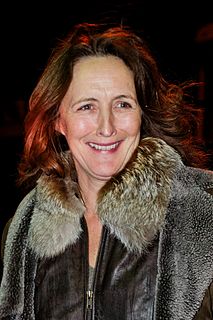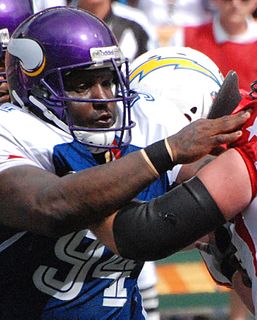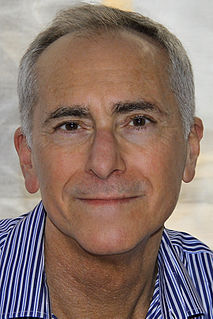A Quote by Elizabeth Berg
Related Quotes
You were born with the seeds of your talent, the ability to observe the world around you and weave piece of it into a story. I believe that most -- if not all -- people are born with these seeds. What separates the writers from the non-writers is that the writers actually sit down and, you know... write.
It is a mass language only in the same sense that its baseball slang is born of baseball players. That is, it is a language which is being molded by writers to do delicate things and yet be within the grasp of superficially educated people. It is not a natural growth, much as its proletarian writers would like to think so. But compared with it at its best, English has reached the Alexandrian stage of formalism and decay.
I think of sports writers as mediating between two worlds. Athletes probably think of sports writers as not macho enough. And people in high culture probably think of sports writers as jocks or something. They are in an interestingly complex position in which they have to mediate the world of body and the world of words.






































